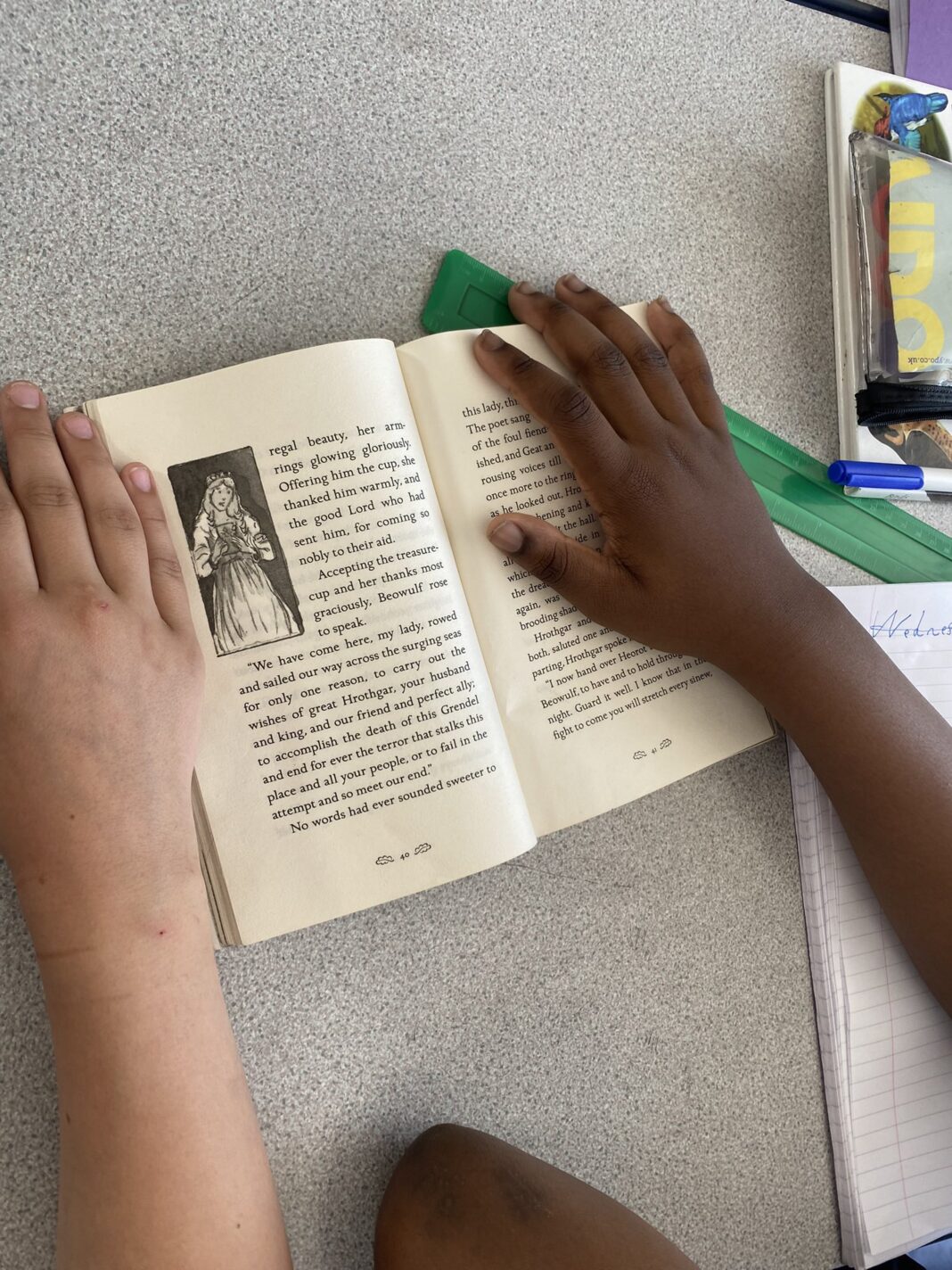STAFF REPORTER
Over the past month, there has been a raging debate about reading in schools amid claims that most learners can.
The ongoing public discourse on reading literacy intensified when the results of the latest report on Progress in International Reading and Literacy Study (PIRLS) were released on 16 May.
The report confirmed that South Africa, like virtually all countries, saw lower primary reading competencies declines due to pandemic-related school disruptions. The results show that 81% of South African pupils in Grade 4 cannot read for meaning in any language.
That means that while a child may be able to read the literal text, she cannot interpret the text into context for meaning.
The magnitude of the decline relating to the pandemic does not come as a surprise, said Basic Education Minister Angie Motshekga at the weekend in Pretoria.
South Africa was among the countries most actively gauging impacts on learning outcomes during the pandemic.
She said the results shown in PIRLS are in line with earlier findings. All of this is concerning and informs the Government’s emphasis on addressing reading at the foundation phase.
“But it is not true that most learners cannot read and write, as some have put it. In fact, since the release of the report, we have embarked on a series of briefing sessions with various stakeholders to share the findings and provide insight on the mechanics of participating in these international studies,” she said.
The Minister said one of the points sought to make is that South Africa was not competing but merely participating to benchmark against the best in the world.
“It is also important to reiterate that we are one of only three countries in Africa brave enough to participate in PIRLS. We were also the only country to put forward all our official languages in the study.”
Motshekga said early learning is a fundamental stage in a child’s educational journey and that learning did not start in Grade R or Grade 1 but at zero.
“So there are steps the Department can take, but also parents and caregivers have a critical role to play as they are a child’s first and most important teacher during their early years.”
While the Department of Basic Education plays a significant role in supporting early literacy skills and teaching children how to read, the entire ecosystem must be involved.
INSIDE POLITICS







